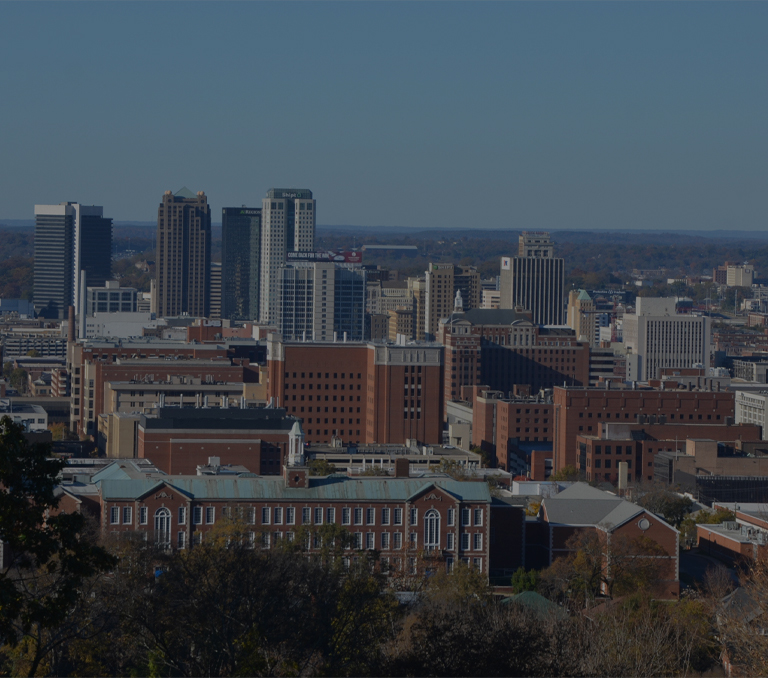Am I Being Detained? 6 Questions You Should Ask During Interactions With The Police

Whether you are being stopped for a routine traffic stop, stopped on the street for suspicion of committing a drug crime, or questioned for a serious crime like capital murder, police have the right to stop you. However, to detain you further, they must have reasonable suspicion that you are engaging in criminal activity. It is crucial to understand when you are being detained because important rights arise at this point in the interrogation process.
Here are questions to ask during your interactions with police:
1. Am I Being Detained?
The first question to ask is, “Am I being detained?” The answer can put you on alert as to their intent. Also, it can inform you that the time you are detained should be limited. A detention should generally be “brief and cursory.”
However, it is important to keep in mind that detainment and arrest are different. Simply because you are detained does not mean you will automatically be arrested. During a detention, police try to gather enough evidence to justify an arrest, which must be supported by probable cause. Do not give the police this evidence by talking. Simply refuse to answer their questions.
2. Am I Being Arrested?
The next thing you might want to ask is, “Am I being arrested?” When you are in police custody and being interrogated, you must be read your Miranda rights. Miranda warnings must be given when a person is arrested. These warnings will inform you of your right to remain silent, your right to speak to a lawyer, etc.
3. May I Speak With My Lawyer?
While you can ask to speak to your lawyer at any point, police only need to stop interrogating you if you definitively declare your desire to talk to a lawyer. For example, saying, “I want to talk to a lawyer,” should make the police stop questioning you. Police may simply state, “That’s your choice,” if you ask, “Can I speak to a lawyer?” but then continue questioning you.
4. Why Am I Being Detained?
Another question to ask during your interactions with police is, “Why am I being detained?” The answer can give you a better idea of the police’s intentions. This information can help you decide how you want to proceed, including whether you wish to stop speaking to the police.
5. Can I Leave?
A sign of detention is when you are not free to leave. Suppose police respond “yes” to this question. In that case, that means they do not have much evidence on you because they cannot meet the reasonable suspicion bar to justify a detention. This means that they also don’t have probable cause for an arrest. If they answer “no,” you know that you need to contact a lawyer.
6. Do You Have A Warrant?
You do not have to give police permission to search you, your vehicle, or your home. If they ask to search you or your property, you can ask if they have a warrant. If they don’t, this means that they likely do not have probable cause to search without your consent. If they ask permission to search, you have the right to say no.
Speak To a Criminal Defense Lawyer if You Are Detained
It is important to keep in mind that police are probably more familiar with the law than you are. They may also be pressured to solve a crime or meet a quota, so they may act in their own best interests. You can protect your interests by calling a criminal defense attorney. They can discuss your case and how to help you during a confidential consultation.
Contact a Birmingham Criminal Defense Lawyer At Jaffe, Hanle, Whisonant & Knight, P.C. Today
For more information, contact an experienced Birmingham criminal defense attorney at Jaffe, Hanle, Whisonant & Knight, P.C. for a free consultation.
We proudly serve clients in Birmingham and all throughout Alabama.
Jaffe, Hanle, Whisonant & Knight, P.C.
2320 Arlington Ave S, Suite 100, Birmingham, AL 35205
(205) 930-9800
